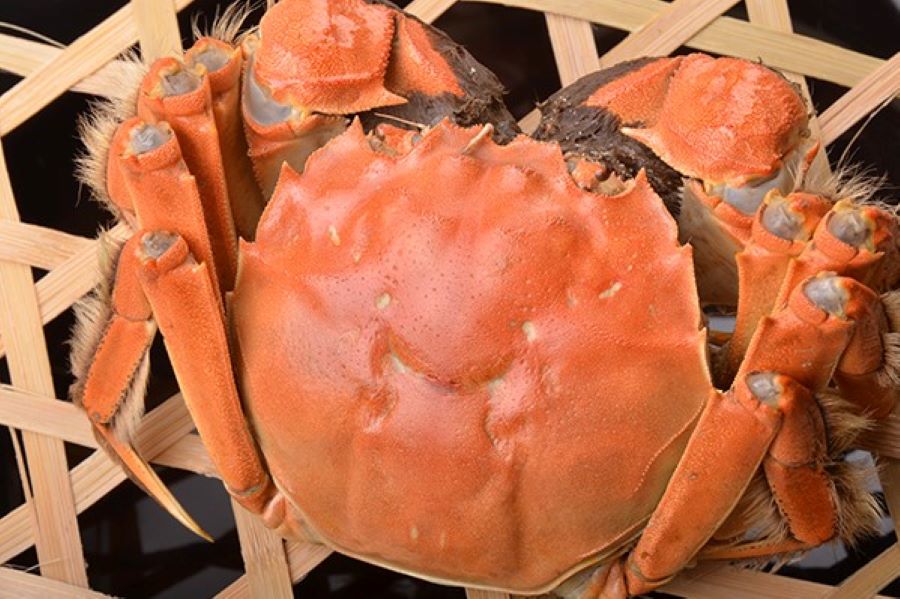Panjin crab, rice sectors co-developing for more yield, prosperity






Panjin in Northeast China's Liaoning province is co-developing its crab industry and rice industry, in an effort to raise production capacity and promote rural economic prosperity and peasant wealth in the region.
Data from the Panjin River Crab Association showed that amid challenges brought by COVID-19, in the first half of this year, Panjin's river crab exporting firms successfully completed all foreign order contracts, and exported a total of 2,620 metric tons of river crabs. The export earnings reached $7.89 million.
Zhang Yuman, head of the Panjin River Crab Association, said that the city produces an average of 20,000 tons of river crabs every year, and 4,000 tons of them are exported to South Korea.
River crab exports drive the development of the city's crab industry. It spurs the market price of river crabs, thus ensuring the increase of crab farmers' income, he said.
The development of the crab industry also boosted the city's rice industry development. According to data from the Panjin Municipal Committee of the Communist Party of China, in 2019, the city's rice planting area was 106,533 hectares, and the output was 1.03 million tons. The per capita grain output was 824.3 kilograms, which was 1.47 times the average level of Liaoning province.
Meanwhile, the crab aquaculture area was 106,666 hectares, with an output of 72,000 tons, ranking first among the prefecture-level cities in the country, it showed.
Li Xiaodong, known as the "king of crabs", who first came up with the idea of raising crabs and rice together, said that the combination realizes the effect of "one plus one is greater than two".
"River crabs loosen soil, weed the field, catch insects and fertilize rice, while rice can purify the environment and provide shelter for river crabs," he said.
In the future, Panjin said that it will continue to use its ecological advantages to co-develop the crab and rice industry, build up its own brand, increase the added value of agricultural products, and promote the transformation and upgrade of local agriculture.
































